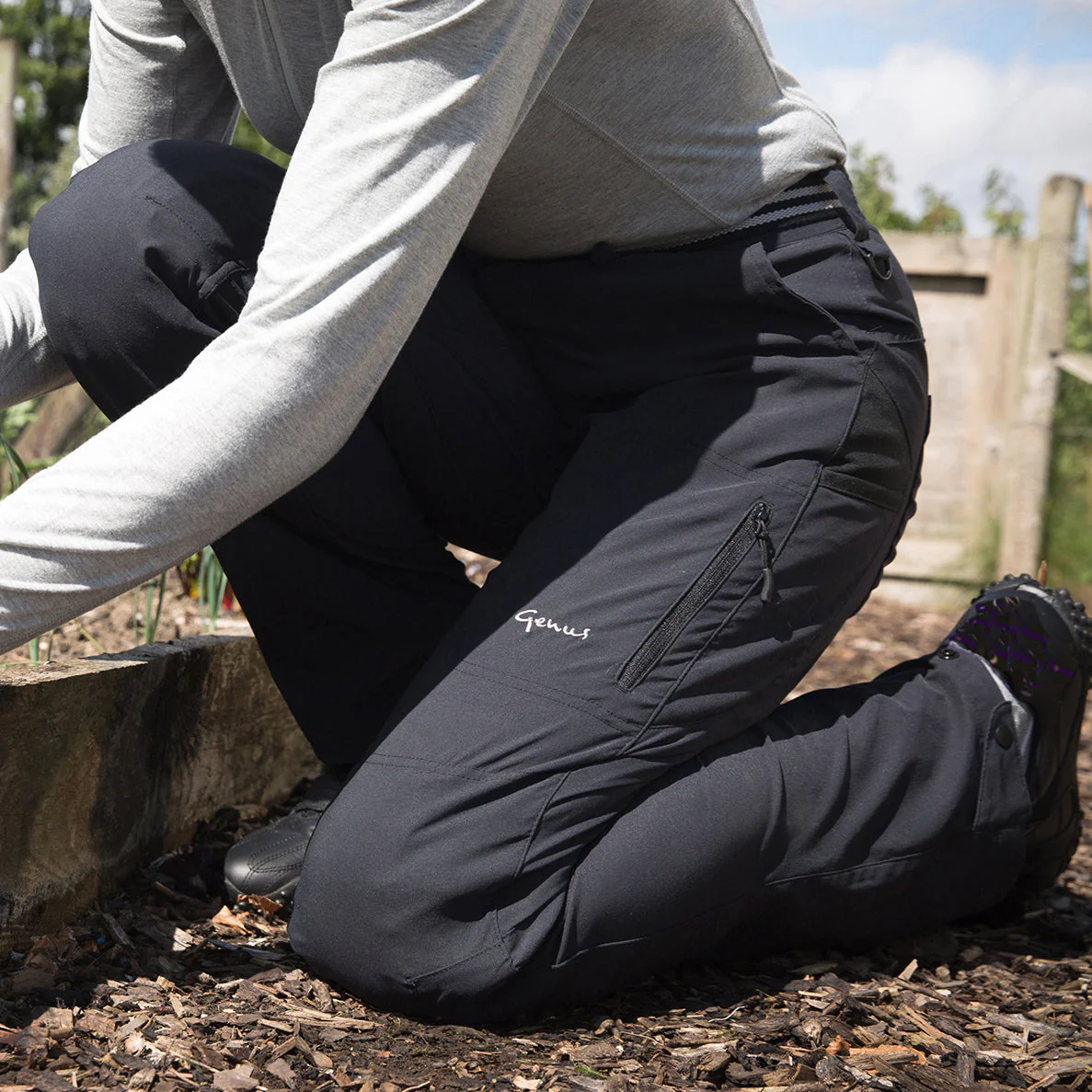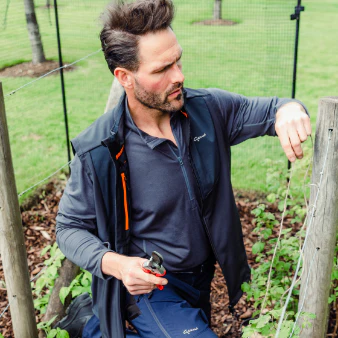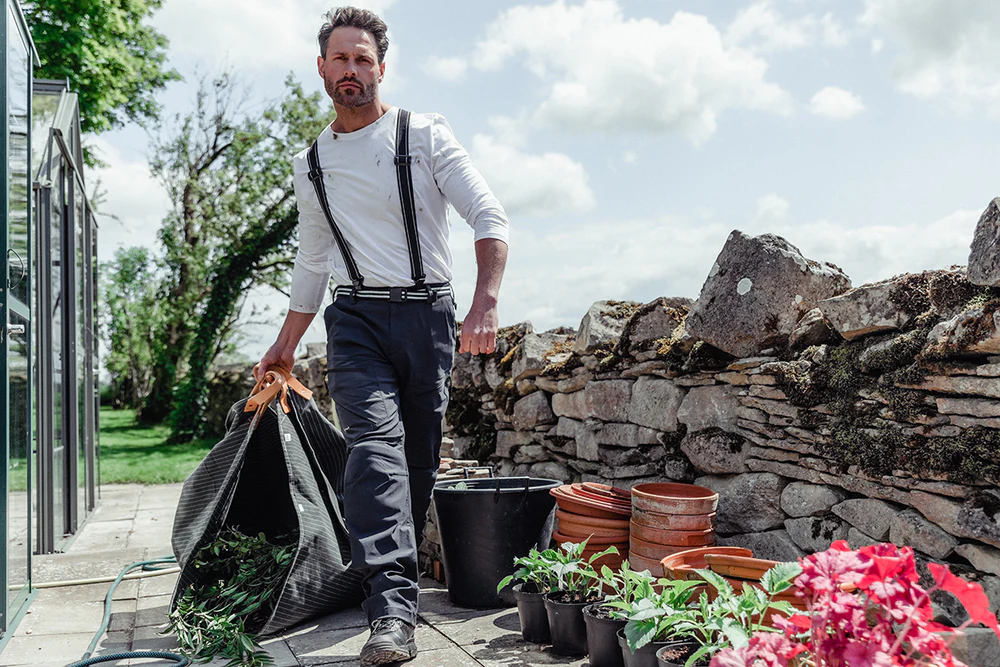Gardening significantly reduces heart attack risk in over 60s

A study of over 4,000 people in Stockholm, published in the British Journal of Sports Medicine, has showed that regular daily gardening can prolong life by up to 30 per cent for those over 60, whilst cutting the risk of heart attacks or strokes. Gardening was voted the favourite pastime for pensioners in a recent Age UK survey, and this study shows that it provides the same health benefits as regular exercise.
Stay active
The research showed that those who were most active day to day had 30 per cent less risk of death and 27 per cent lower risk of heart attack than those who led a sedentary lifestyle, even if they didn’t take any type of formal exercise. The 60+ age group spend much of their day performing routine activities, and it can often be difficult for them to exercise intensively, which is what makes these findings so important.
Significant findings
Taking place over 12 years, the study showed that those who were more active on a daily basis also had lower levels of blood fats as well as lower insulin and glucose levels. The study clearly indicates that gardening is an excellent form of exercise for the over 60s, increasing energy expenditure and metabolic rate. This is good news for older adults who don’t want to join the gym or take up running – a moderate activity such as gardening will provide plenty of health benefits.











